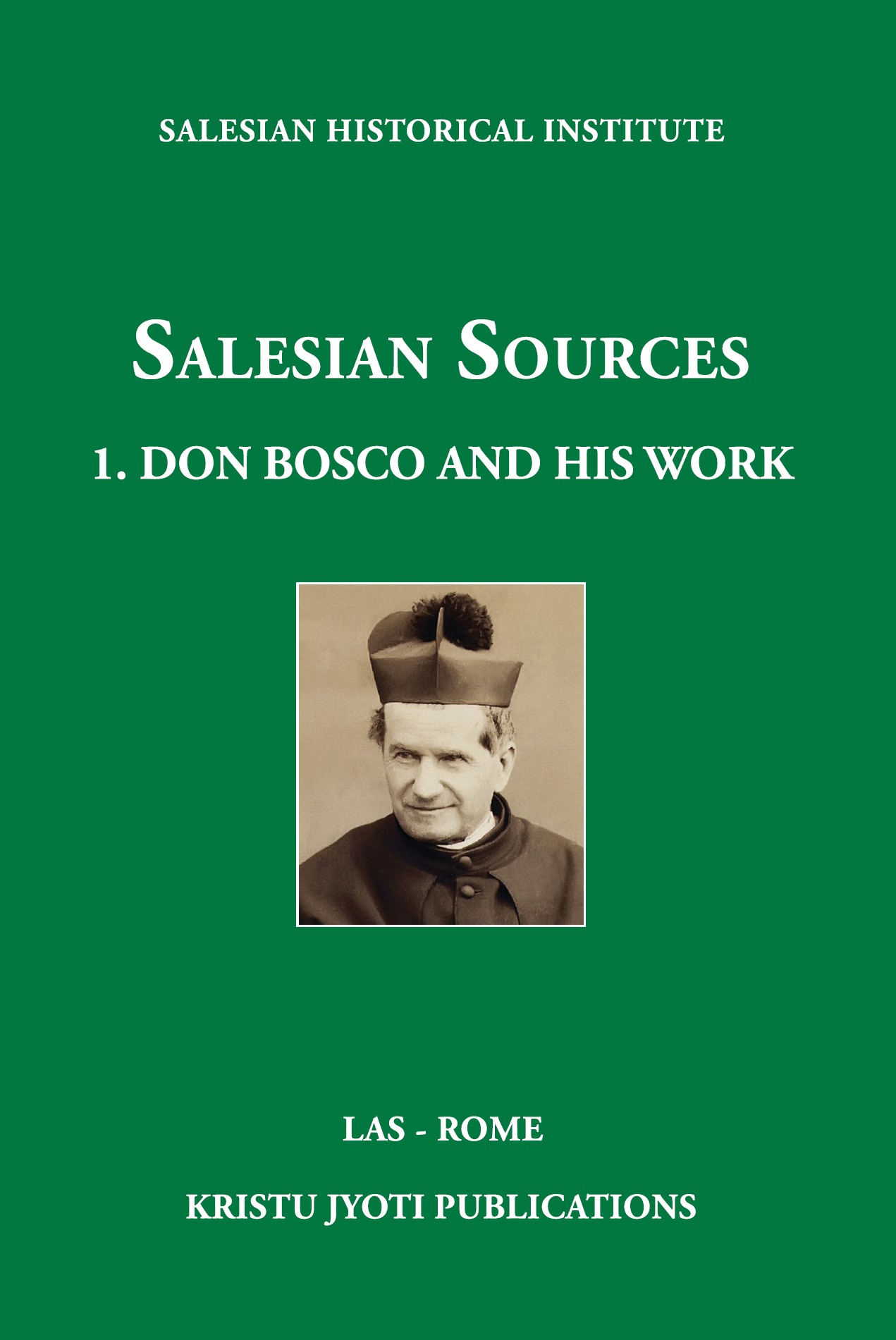St John Bosco’s correspondence mirrors his manifold activities as a promoter of educational and welfare type work, publishing and missionary enterprises. Also documented is the broad network of relationships he had built up. His letters are those of a man of action, the tireless organiser, avid communicator, religious founder and a passionate animator of Catholic initiatives. Little space is given to spiritual aspects which he prefers to deal with in preaching, personal talks or in the context of the Sacrament of Penance.
Continue reading “Giovanni Bosco – Spiritual counsel in Don Bosco’s letters to boys and older youth”
